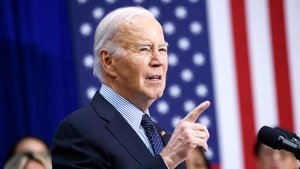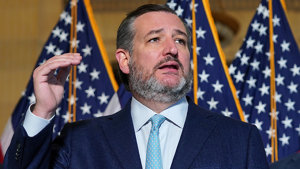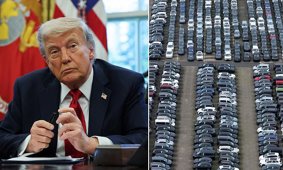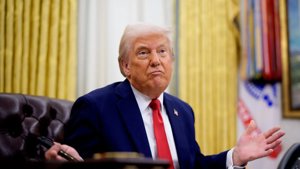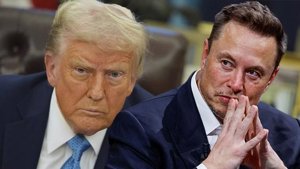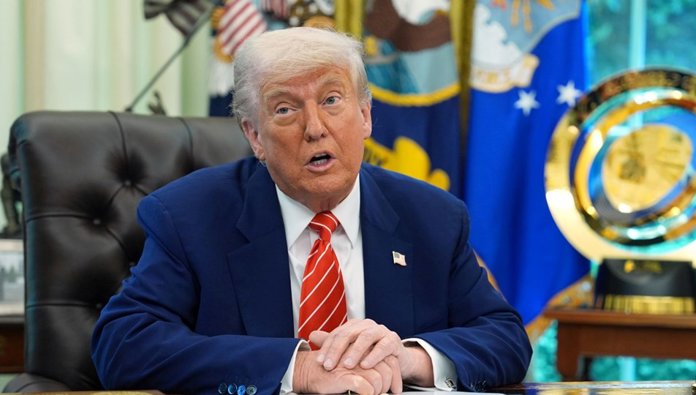
Trump Tariff Lawsuit Escalates in Appeals Court
Federal appeals court pauses tariff block, reviving legal clash over Trump’s emergency trade powers.
Appeals Court Reinstates Tariff Policy Amid Legal Tug-of-War
The U.S. Court of Appeals for the Federal Circuit on Thursday temporarily stayed a lower court ruling that had blocked key components of President Donald Trump’s new tariff initiative. The decision allows the administration’s 10% baseline and “reciprocal” tariffs to remain in effect while legal proceedings continue, intensifying uncertainty for U.S. businesses and investors.
The move reversed a unanimous ruling by the U.S. Court of International Trade, which had found that Trump exceeded his authority under the International Emergency Economic Powers Act (IEEPA). The lower court emphasized that the president’s powers under IEEPA are not unlimited, despite his role as commander in chief.
The tariffs, announced on April 2, are part of Trump’s broader strategy to combat what he described as national emergencies—specifically drug trafficking and trade deficits. Critics argue the tariffs could have adverse effects on small businesses and the economy at large, while supporters see them as a tool for reasserting American trade leverage.
White House spokesperson Kush Desai welcomed the appellate court’s stay, calling it “a positive development for America’s industries and workers.” He reaffirmed the administration’s commitment to leveraging every legal tool authorized by the Constitution and Congress to address economic threats.
Legal representatives for five small businesses that sued the administration now face a tight timeline. Plaintiffs must file their response to the Court of International Trade by Monday at 5 p.m., while a separate response to the appellate court’s stay is due by Thursday. The administration has until June 9 to reply, according to Jeffrey Schwab, senior counsel at the Liberty Justice Center.
“Hopefully,” Schwab noted, “the quick action will allow the courts to issue rulings more quickly than they otherwise would.” He warned, however, that delays could further harm small businesses already affected by the tariffs.
Market Volatility and Economic Risks Loom
Economists caution that the ongoing litigation is injecting volatility into the markets. “The longer the court process takes, the more uncertainty there is, and that’s not good for economic growth,” said William Cline, senior fellow emeritus at the Peterson Institute for International Economics.
Cline criticized the idea that tariffs alone can restore Rust Belt jobs or significantly boost fiscal revenue, describing such assumptions as unrealistic. He also pointed to earlier statements by Treasury Secretary Scott Bessent, who had framed the tariffs as a preliminary move toward broader trade negotiations—especially with China.
Meanwhile, legal experts suggest the case could ultimately reach the U.S. Supreme Court, although the justices may decline to hear it. Schwab noted that because the Federal Circuit covers the entire nation, the high court might choose to let its ruling stand.
The immediate legal hurdle for the Trump administration is to demonstrate that it would suffer “irreparable harm” if the injunction remains—an argument that courts traditionally require substantial evidence to support. Plaintiffs argue that their clients face greater risks, including potential closure, whereas the federal government will persist regardless of the ruling.
“Our clients might not exist,” Schwab explained, “and the United States federal government is certainly going to exist.”
As legal deadlines approach, both sides brace for a high-stakes decision that could define the scope of presidential power in economic emergencies and reshape U.S. trade policy moving forward.


